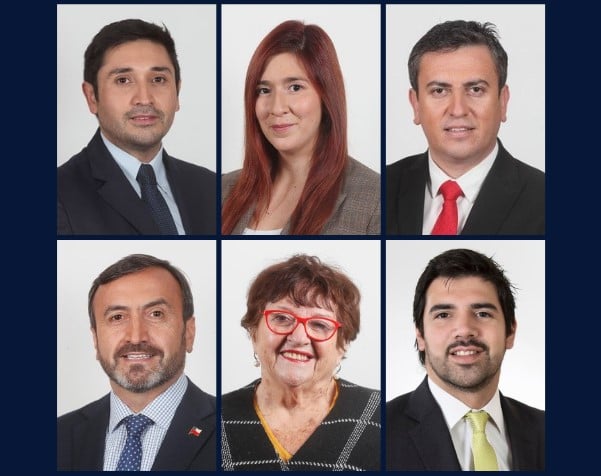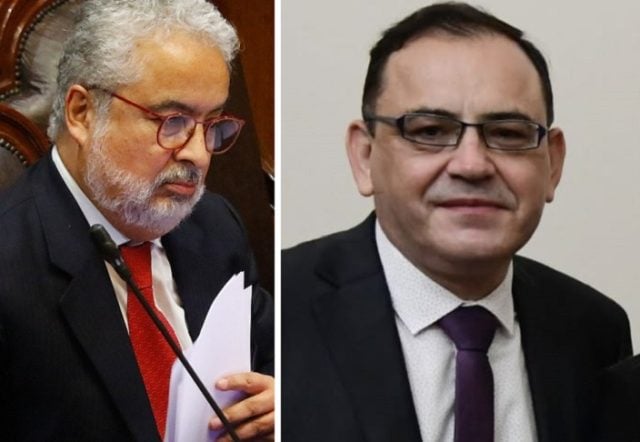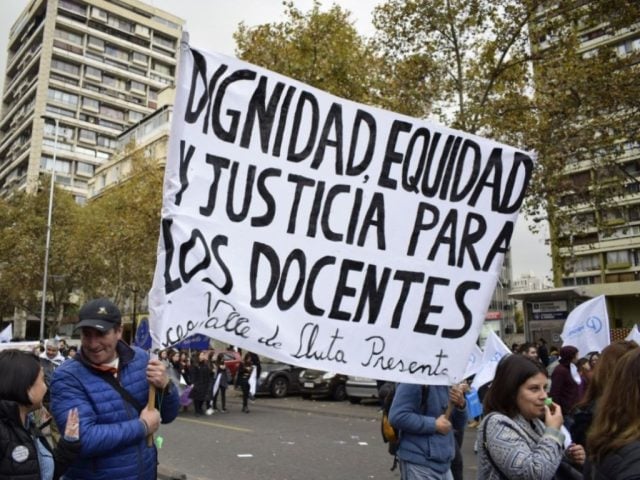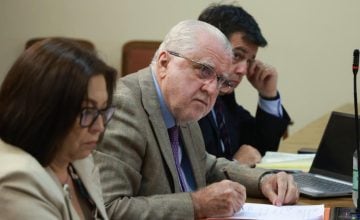Original article: Desaforados, pero con dieta: La negativa del Congreso para poner fin a a este privilegio parlamentario
Pressure mounts for the advancement of a bill aimed at suspending salary payments to legislators disqualified from office by court order.
The debate over the use of public funds intensified on Thursday, October 16, when Senator Fabiola Campillai urged Congress to expedite her initiative to eliminate parliamentary salaries for suspended lawmakers. The urgency increased following the recent expulsion of Deputy Joaquín Lavín León — a former UDI member — raising the number of parliamentarians who, despite not legally exercising their duties, continue to receive a gross monthly salary of $7,348,983, according to a document from the Chilean Chamber of Deputies and Deputies, not including allowances.
The situation of the expelled legislators, who receive remuneration while facing serious legal accusations, represents a «legal limbo» that jeopardizes integrity and accountability. Miguel Ángel Calisto, Catalina Pérez, Mauricio Ojeda, Francisco Pulgar, and María Luisa Cordero, along with the newly added Lavín León, exemplify this ethical dilemma where parliamentary immunity, a procedural protection, transforms into a financial shield.
The confirmation of Calisto’s expulsion occurred at the end of September this year, thus he has received a gross salary of $7,348,983 to date. In Pérez’s case, with her departure set for April 2025, she would have earned $44,093,898. Pulgar, whose tenure ended in December 2024, would have received $73,489,830. Meanwhile, the salary of Ojeda, officially expelled at the end of September 2024, would total $95,536,779. María Luisa Cordero’s case is unique, as she was expelled in August 2023 but resumed her duties in March 2024, allowing her to collect $51,442,881 gross during her seven-month absence from Congress.
The period for the five parliamentarians who remain expelled began in 2022 and is set to conclude in March 2026. Considering the gross salary from October to the end of their mandates, each will receive a salary of $36,744,915, totaling $183,724,575 gross for all expelled deputies combined.
Senator Campillai had previously proposed the cancellation of parliamentary salaries in such cases during 2024, and now she expresses her indignation at Congress’s lack of action. Through her social media platforms, the lawmaker has called for political leaders to address this situation, which starkly contrasts with public sentiment.
Referring to the recent expulsion of Joaquín Lavín Jr., the senator stated, “It cannot continue like this, and the bill I presented in August of last year is still not up for discussion,” pointing to the slow processing of the law aimed at ending this benefit. The criticism highlights that the bill remains stuck, allowing the continued use of taxpayer money to support representatives who do not fulfill their mandates.
Senator Campillai’s voice resonates in a context where accusations against expelled lawmakers range from tax fraud to sexual assault and now corruption and tax offenses. Campillai’s call is clear: “Let’s discuss openly with the public and move forward to ensure that all these expelled individuals have their parliamentary salaries revoked. The public demands it, and let’s make our positions more respectable,” she concluded.











